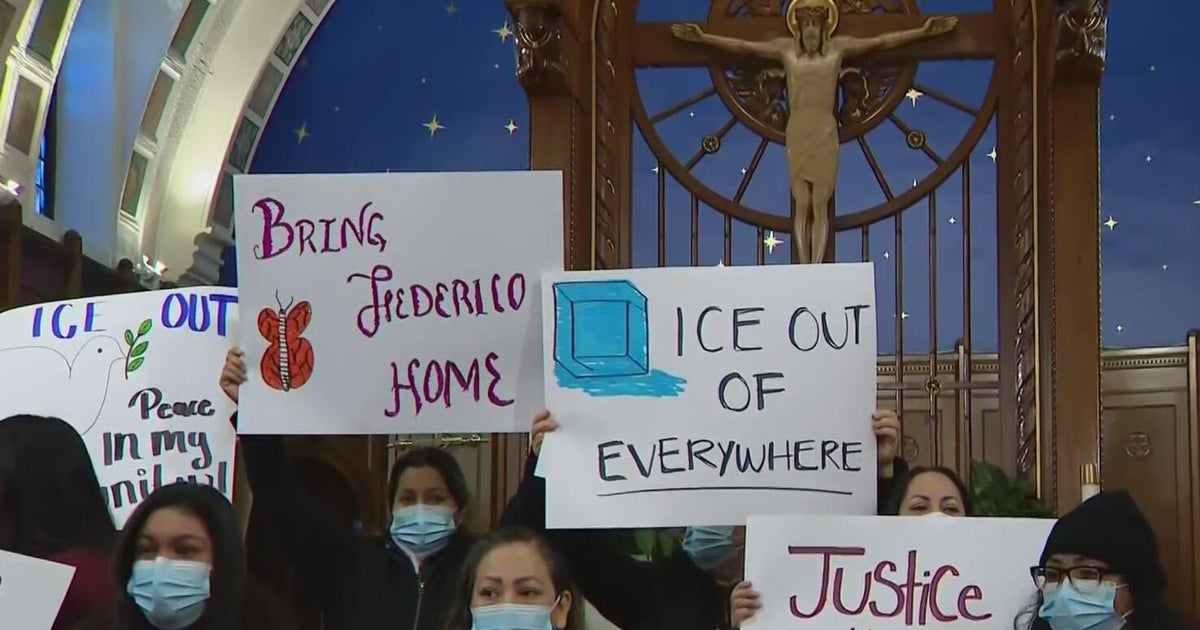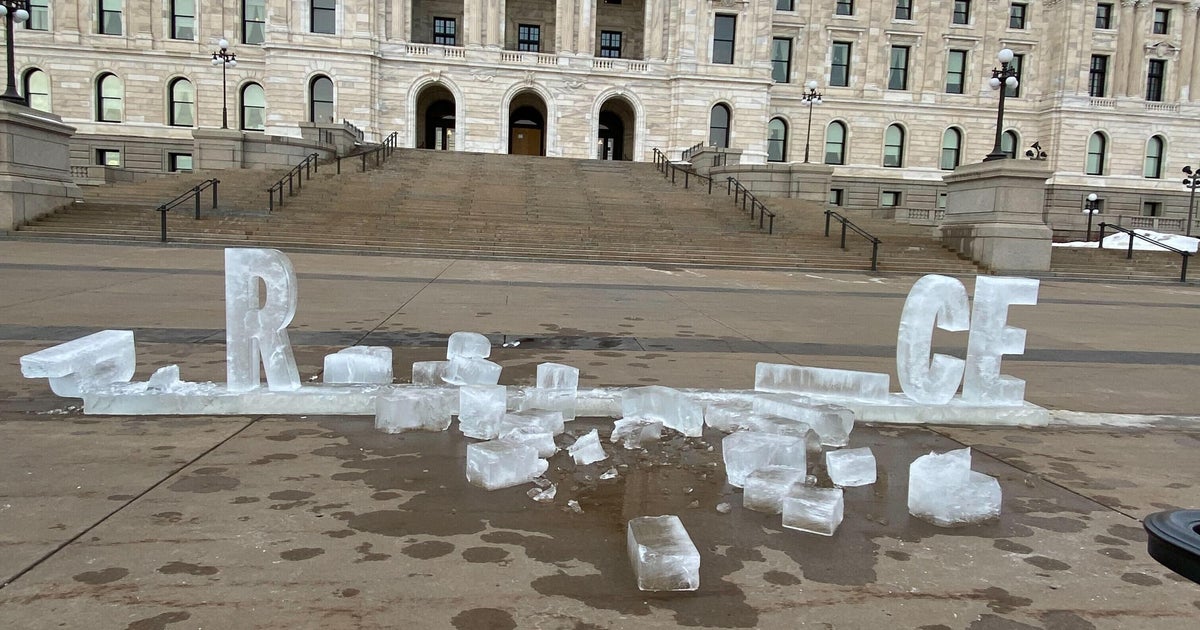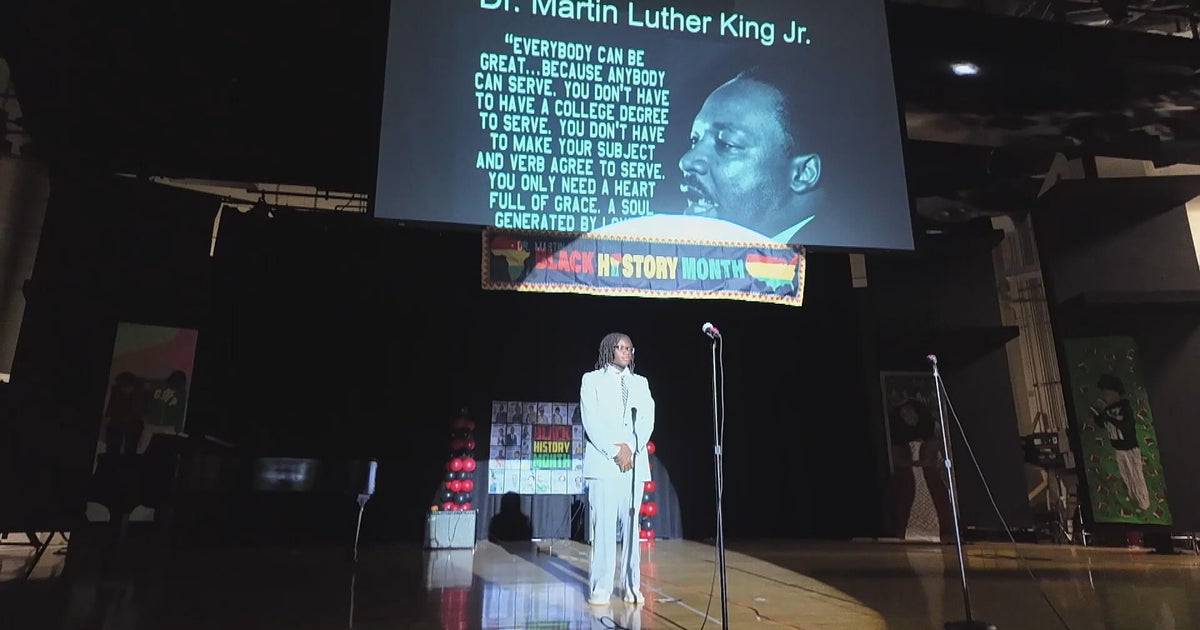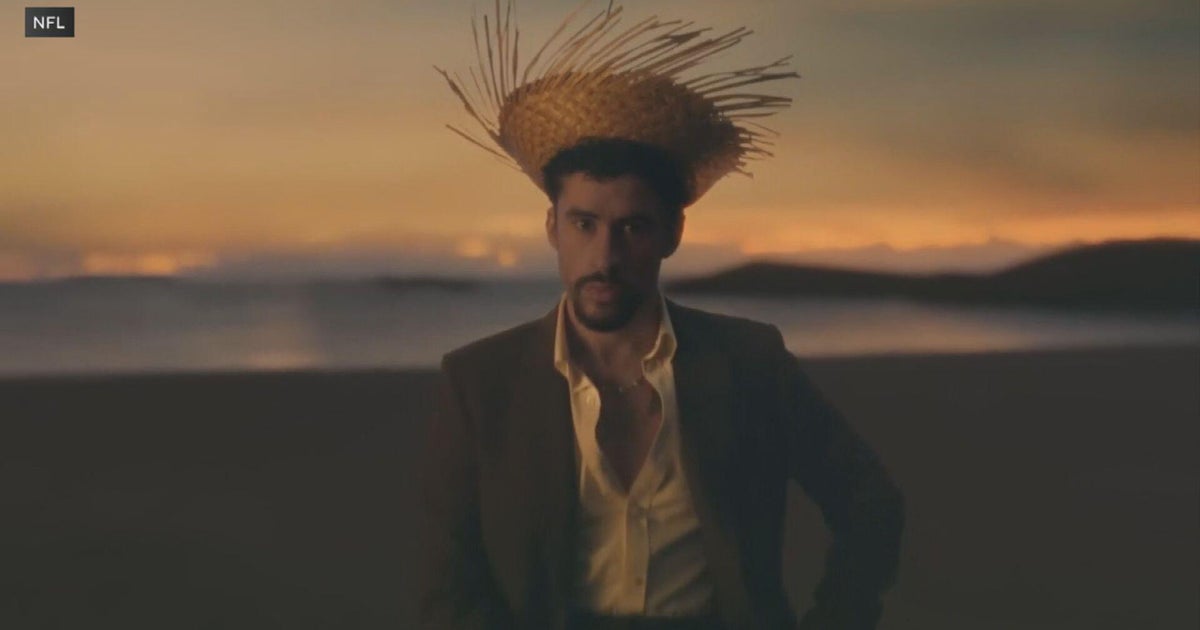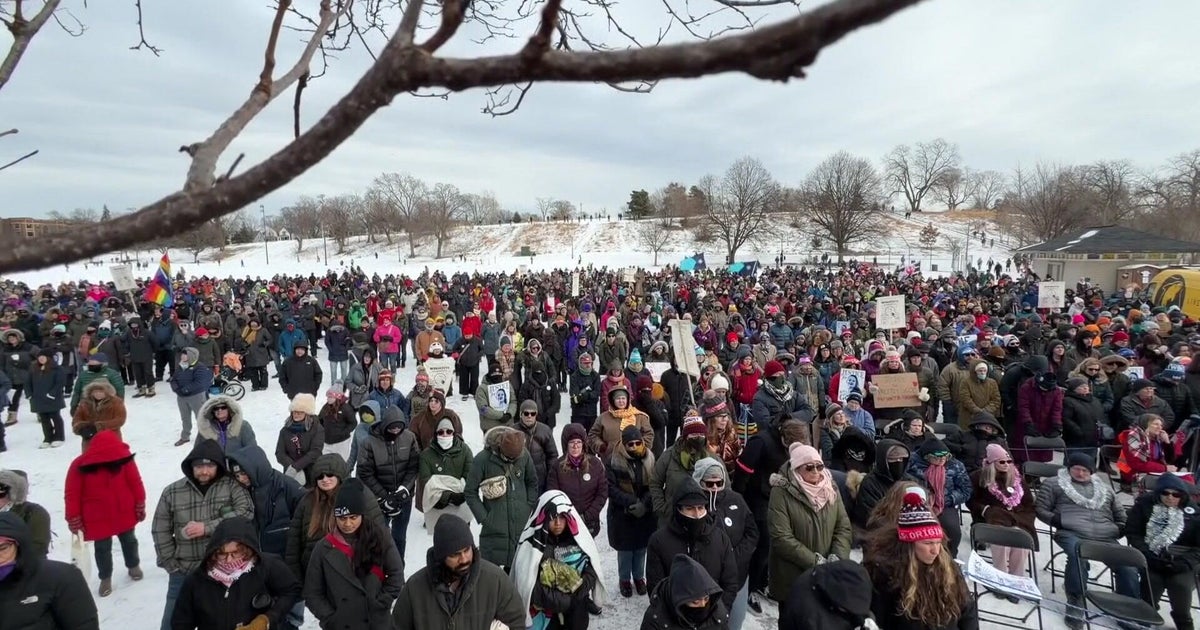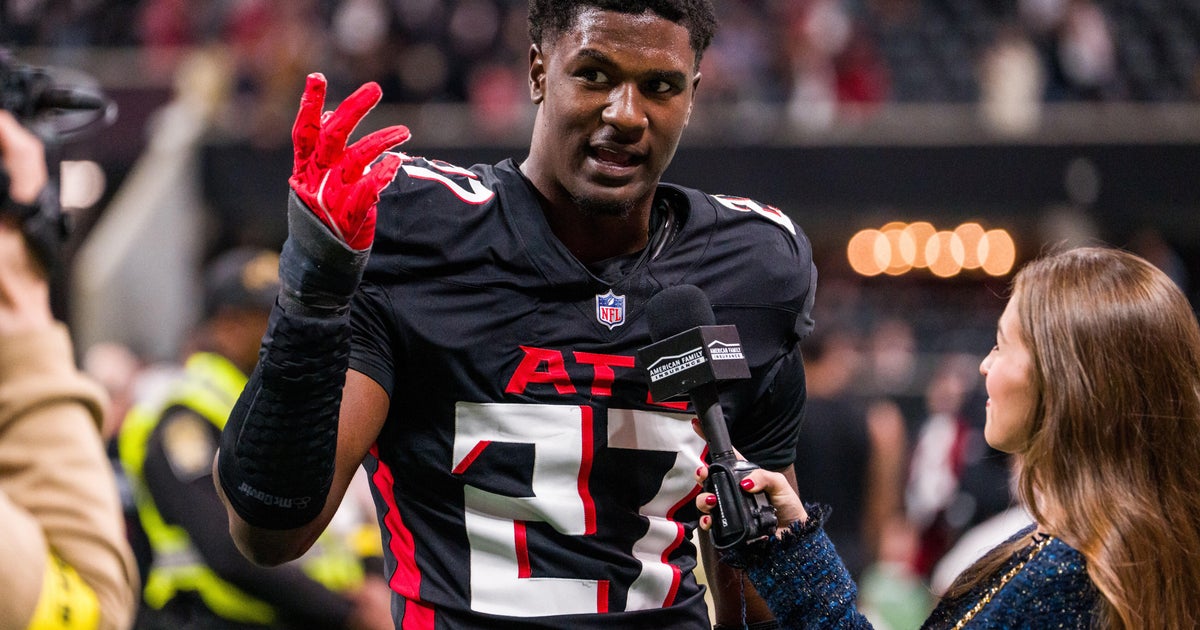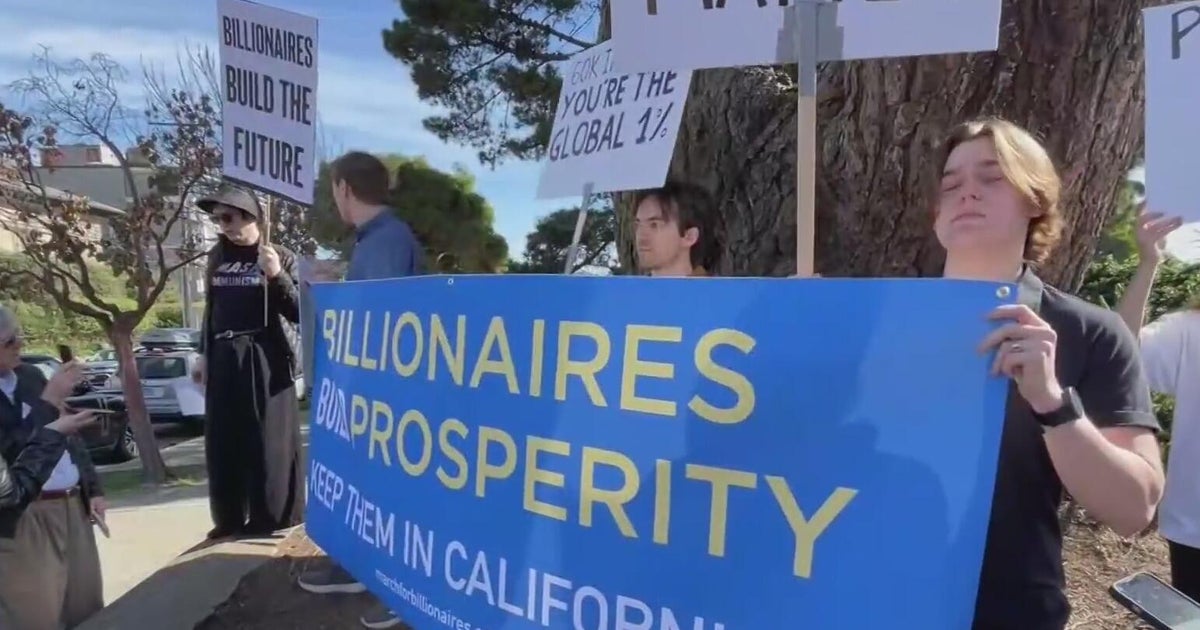Chicago activist recalls gathering people for March on Washington, working with Dr. King
CHICAGO (CBS) – The enormous and historic March on Washington, where Dr. Martin Luther King Jr. called for racial justice and delivered his famous "I Have a Dream" speech, happened 60 years ago on Monday.
Chicagoans were well-represented at the march thanks in large part to the efforts of a writer, political strategist, and activist who knew King well.
Don Rose shared his memories of that day, and more, with CBS 2's Jim Williams.
Williams: "This is a clear memory for you."
Rose: "Absolutely. Absolutely."
Williams: "This moment here."
Rose: "It's one of the few pictures I ever had with Dr. King."
Rose, then in his early 30s, helped organize the Chicago contingent that traveled to the nation's capital in August of 1963. By then, Rose had been fighting racism for a decade.
In 1953, he pushed for integration at the Trumbull Park housing project. Angry white residents of the community rioted to keep out 10 African American families.
"Yes, they did. They called me an n-lover," Rose said.
When plans for the March on Washington were hatched, Rose and his friend, acclaimed historian and activist Timuel Black, went to work, leading efforts to encourage Chicagoans to make the trip.
"We had people organizing on the streets like it was a political campaign," Rose said. "We did as much media. Fortunately, the thing did attract some attention. Press coming in, TV coming in to look at us doing our organizing. You might call it like a model political campaign."
The campaign was enormously successful.
"We started modestly lining up one Freedom Train," Rose said. "And we managed to get enough signatories, enough people wanted to come in, so we had two chartered trains."
Williams: "These were chartered trains. No one but those going to Washington for the march?"
Rose: "That's correct."
Others traveled by car and by air. Rose said as many as 3,000 Chicagoans were in Washington and joined an estimated 250,000 people at the Lincoln Memorial. It was the largest-ever demonstration for civil rights at the time. Rose was right there with them.
"You were just in a sea of humanity," he said. "It was a celebratory thing. We'd bump into people, 'Excuse me.' Everyone was courteous to each other, loving. I don't know if we were raising fists and [giving the peace sign]."
They were there to hear one of the pivotal speeches in American history.
But the speech's impact was not obvious to Rose at the time.
"We had no way of knowing how this would have reverberated around the world," he said.
Williams: "Even after you heard it and the audience's reaction, did you say, 'This is going to be one of the iconic memories in world history?'"
Rose: "Had no way of knowing any more than hearing him speak in Chicago a year or two earlier that this was going to be one of the great, iconic speeches of all time. And that began to seep in after we came back to Chicago."
Later that year, Rose was an organizer of the Black student boycott to protest segregation in Chicago Public Schools.
And when King lived in Chicago in the mid-1960s to fight for equality in the city, Rose was his press secretary and advisor. Rose compared King's speeches to the great jazz musicians.
"The way a Charlie Parker or John Coltrane would state the theme, state the melody, go off for a wild improvisation, and come back right to the note," he said, describing their methods.
Rose, who will soon turn 93 years old, has been a stalwart of progressive politics in Chicago. He was Jane Byrne's campaign manager as she shocked the Democratic machine to win the race for mayor in 1979. When Byrne later embraced the very elements of the machine she had decried, Rose supported the man who defeated her, Harold Washington, who became Chicago's first Black mayor.
But how does Rose see his own legacy?
"A lifelong progressive trying to take as many steps forward and absorb the blows backward," he said. "I guess I'm still doing it."
He's indeed still doing it and reflecting on the thousands who came to Washington in 1963, what Rose called the "racial education of America."
Williams: "So Don here we are 60 years later, how should we look at it?"
Rose: "We're about halfway where we should be. We've had moments of progress and we've had moments of regression.
"Is the glass half full or half empty? And the best I could say is it's a little more than half full."



